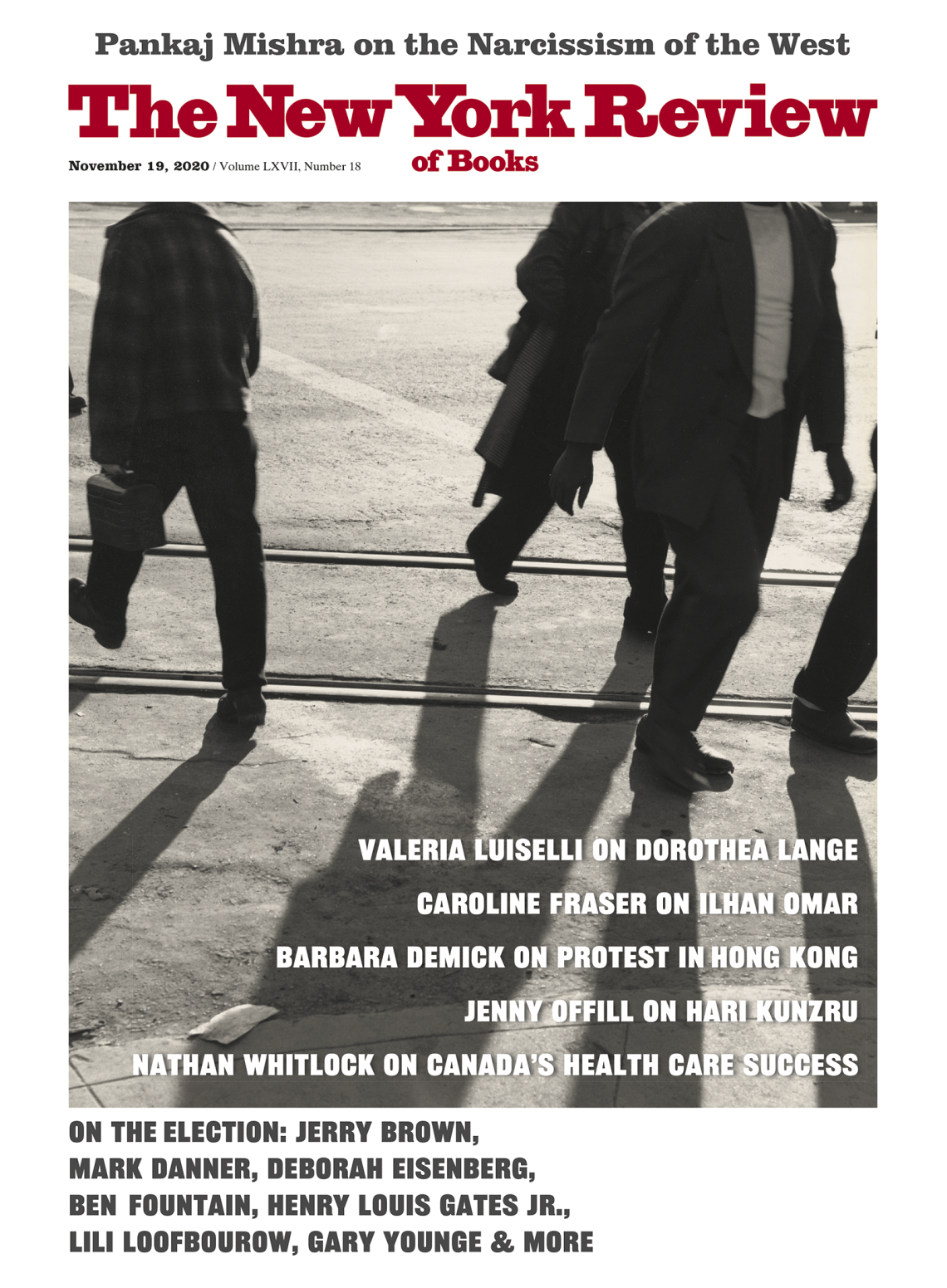This song is dedicated, this song goes out, is for. I wrote it in a dream, the second-oldest song in the world. It’s about hours without wages, blue hours, and the lyrics are loosely based; the lyrics recall. They’re anonymous and attributed like rain. I want everybody out there to sing along, even the stones. I want all the lovely people laboring in the dark. Wind in the poplars, overheard speech, traffic noise, receding sirens, people picking glass from the recycling, the whistle and report of illegal fireworks, the report of gunshots, laughter through a wall, the laughter of children—these are my people, swaying imperceptibly. You know all the words because there aren’t any, but there is an addressee, you are the implied recipient of the words in the song from and for the future I recorded on my phone in a common dream, for dreams are commons. The screen is badly cracked and I get glass in my finger every time I touch it. Something is lost in the transcription because it doesn’t have words, but room tone is gained, a sound bed is made. That’s why I’m sending my friends links: I want all my friends linked and listening as they fan out across the bridges until it is part of the folk tradition, the blue tradition, the wordless silent part I anonymously contributed by living. Paintings sing it at night, an exhalation, even though all of those words are wrong. The song goes on forever then it stops. Its basic idea is that time can be defeated for an hour if everyone breathes together, but songs are not made out of ideas, they’re made out of glass, the aerosolized glass that damages performers. Here is the chorus of the song: the instant before music. It’s a little sentimental, the poem that describes the song that would be general. Like my daughters, sentimental, irresponsible, and strong; like my sons: irascible, unborn. This song goes out like a candle in the wind. My dad says he named me after “Bennie and the Jets”; in reality, I was named after my great-grandfather on my mother’s side, but my dad sang it to me in Stormont Vail. My belief is that the first experience of language comes from the father and is sung, sentimental, popular, that song is populated, that even I am dedicated and go out. If you see the i as a candle, if i’s are dotted with flame and flicker, then a song has entered circulation. And if I were holding a son in a hospital blanket now, if his face were bruised and purple beneath his cap, if I were singing to that son while looking out through the window onto the park, he would be my princess, all of the popular songs would be about him, hang about him like a mist. All I need my song to one day say is you are my princess and my father and you’re breathing glass, soft glass that links you, that rain outside of time is mist, is glass, and I want you to fan out and take the bridges.


